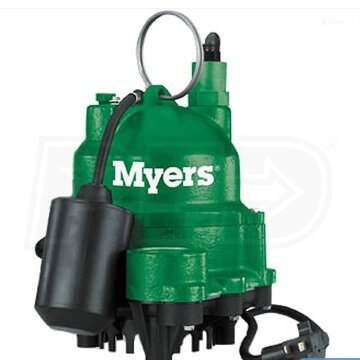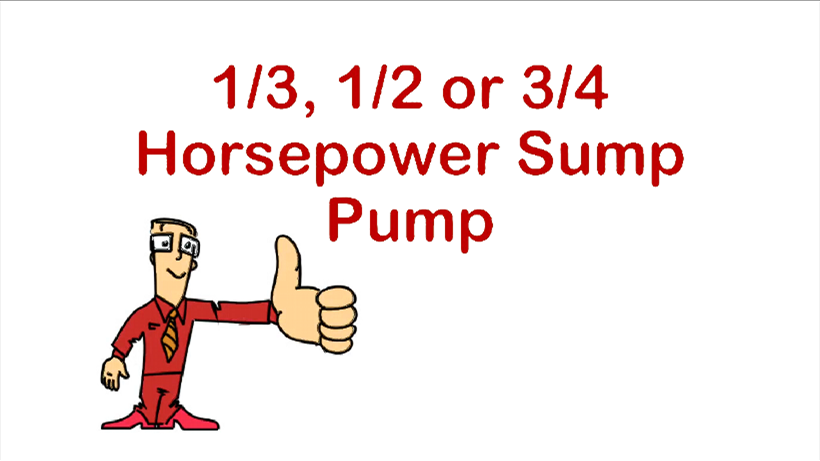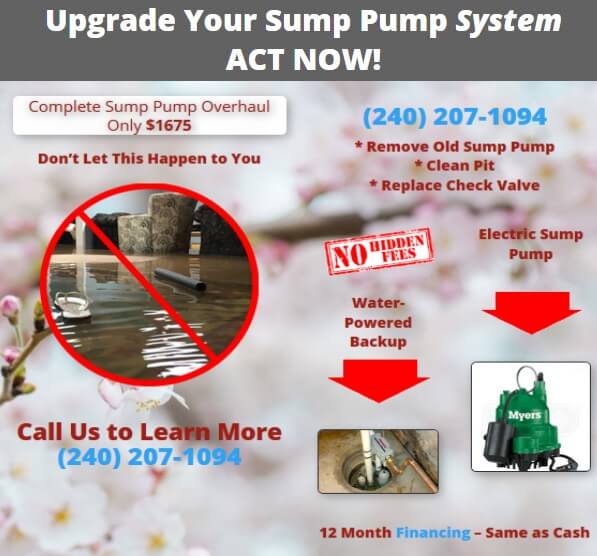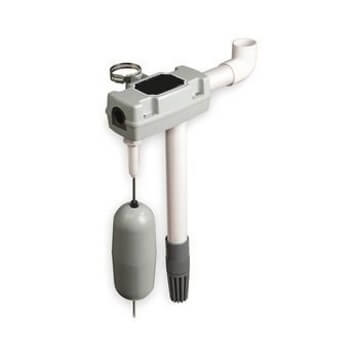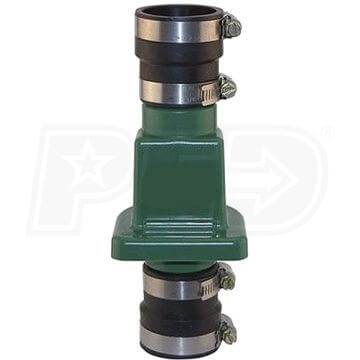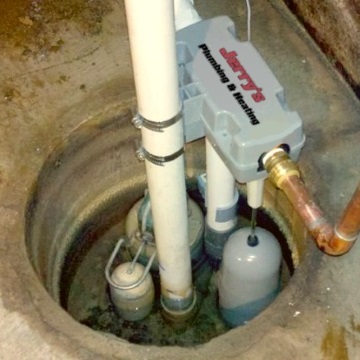3 Vital Rules About Your Sump Pump – Follow Them to Avoid Costly Water Damage
3 Vital Rules About Your Sump Pump
Follow Them to Avoid Costly Water Damage
Jerry’s Plumbing & Heating
2 April 2018
If water collects in your basement every time it rains, you probably already have a sump pump. But did you know that most homes – unless you have a newer home in a dry climate – will eventually get water in the basement?
Don’t put off the inevitable. A sump pump is cheap insurance against costly water damage that will happen sooner or later.
The pump waits quietly in your basement. Then, when it rains and water collects in the sump pit, it automatically pumps that water outdoors.
Watch the Video
But there are 3 vital rules you need to know about your sump pump. If you neglect them, it could end up being very costly.
Sump Pump Size Matters
First, size matters. And by size I mean power. Depending on the size of your house, the depth of your basement and how far you may need to pump the rain water, you’ll need either a ⅓, ½ or ¾ horsepower pump.
For example, if your discharge configuration consists of a 7’ – 10’ vertical lift off the sump pump, a 90 degree elbow and a horizontal pipe run of anywhere between 3 and 25 feet, a ⅓ horsepower pump will most likely be sufficient for your needs.
“Determining the right size pump can be tricky. It’s best left to a professional.”
Maybe you’re thinking, “Why not just get the biggest pump I can find?” First, a “too big” sump pump can discharge water too fast resulting in frequent cycling which causes early motor failure. Plus buying more pump than you need is just a waste of money.
Determining the right size pump can be tricky. It’s best left to a professional.
Sump Pump Core
Next, make sure your sump pump motor core is made of cast iron. Some cheap pumps have plastic cores. But these pumps often fail early because they don’t disperse heat as easily as cast iron.
Sump Pump Debris Screen
Finally, be sure to get a sump pump with a built-in intake screen. This prevents any debris that collects in the sump pit from getting into the impeller and damaging the pump.
If you consider these 3 vital things you need to know about your sump pump, you’ll be on your way to a dry basement. But don’t wait too long. Spring rains will be here soon.
Here’s more information about how to pick the perfect sump pump.



